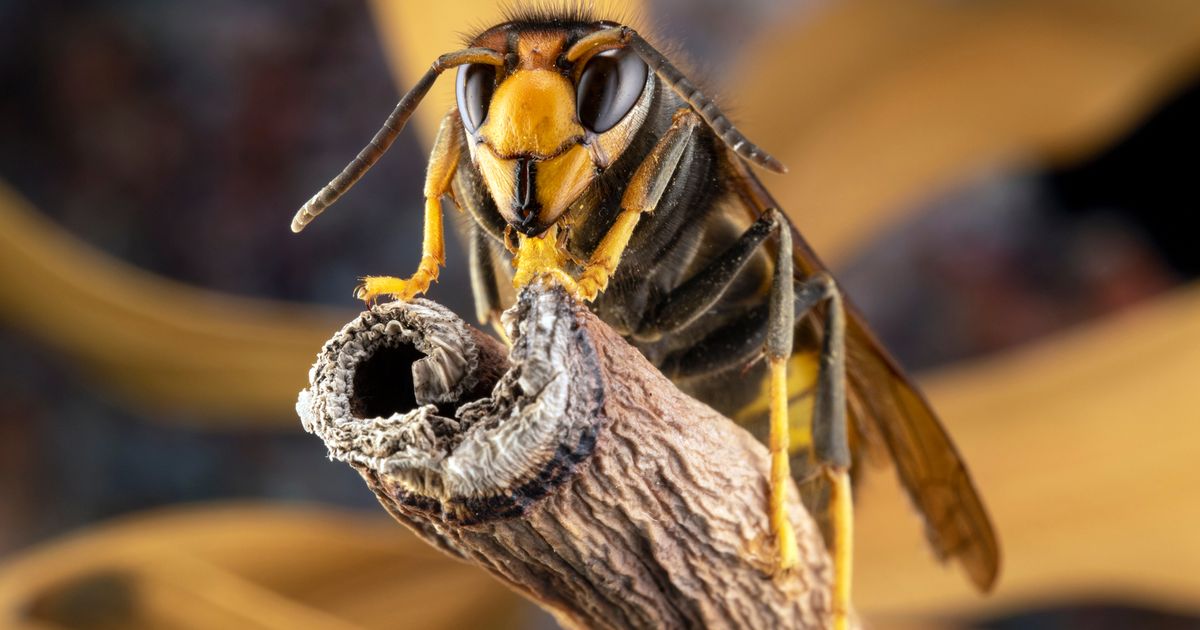The speaker raised concerns about the impact of the Asian hornet on bee populations, stating that the fear for bees has led to a frenzy around the invasive species. They criticized the disproportionate attention given to the Asian hornet invasion, arguing that there are more pressing global biodiversity and pesticide crisis issues to address.
The text highlights the use of bee-killing pesticides in the UK, which have been allowed for the fourth time despite being banned in the EU. The government’s decision to prioritize the Asian hornet invasion over the use of harmful pesticides is questioned, indicating the presence of more significant environmental concerns.
It was reported that the first Asian hornets of the year were captured in the Channel Islands, leading to fears of a potential record year for these insects. The mild winter is believed to have allowed the hornet queens to survive and begin laying eggs, posing a threat to bee populations and potentially impacting the ecosystems.
The Asian hornet’s predatory behavior is mentioned, with its ability to decapitate and consume up to 50 honey bees per day. The severity of its sting is also highlighted, likened to being stabbed by a red hot needle, underscoring the potential threat it poses to both bee populations and human safety.


